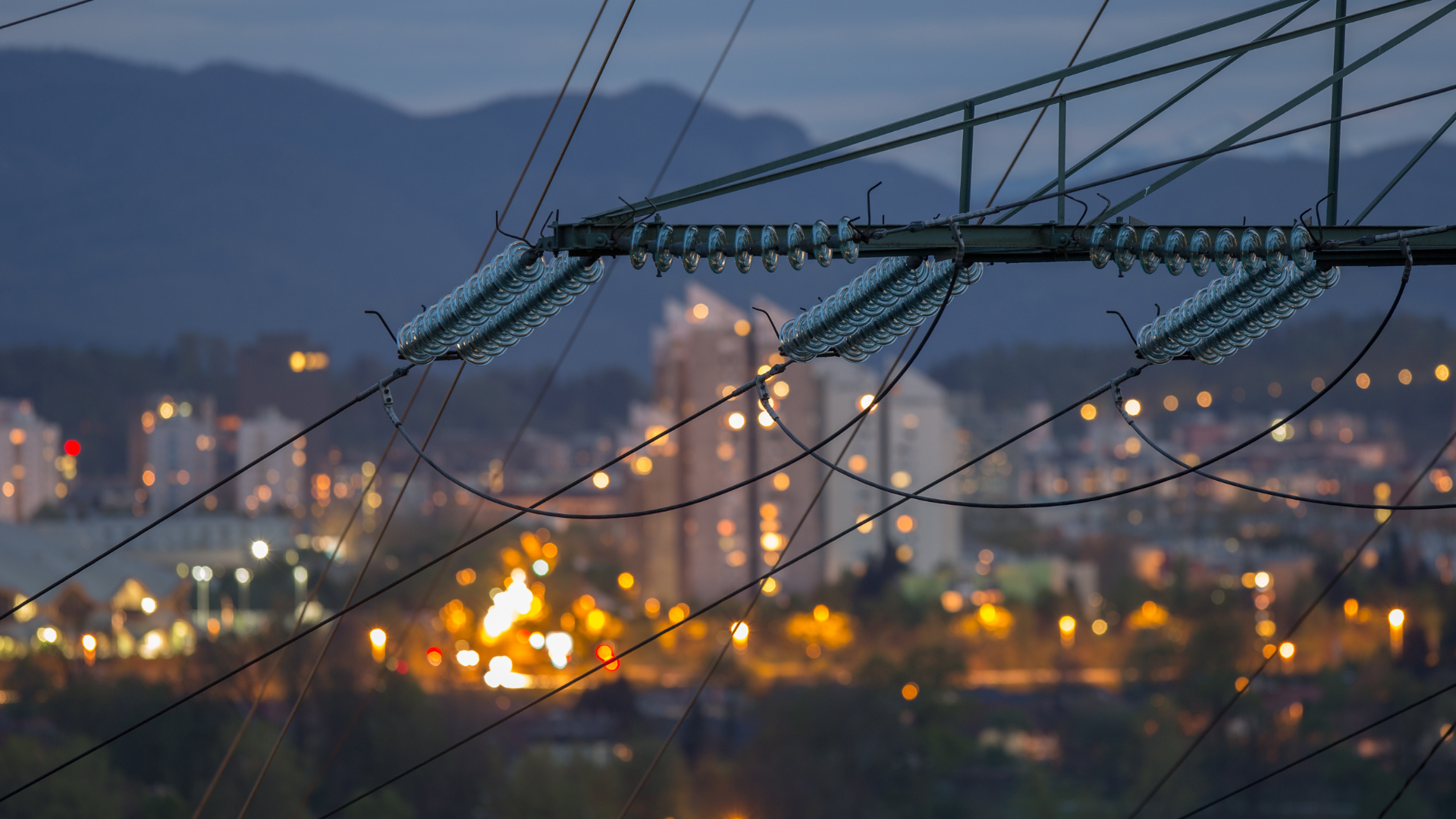From July 1, 2023, electricity distribution companies (DisCos) in Nigeria will increase electricity tariffs by over 40%, due to high exchange rates and inflation. Tech startups in Nigeria are expected to be affected less due to their remote work setting. However, remote workers will bear the brunt.
Electricity distribution companies (DisCos) in Nigeria will increase electricity tariffs by over 40% from July 1, 2023. The surging inflation and recent unification of the country’s foreign exchange rate has been cited for this surge in pricing.
The impact of the new electricity tariff will be felt across multiple verticals in Africa’s largest economy, and tech startups are not left out of this. “From an operational point of view, startups will do better than small businesses, but from a staff point of view, they are going to do worse because staff will spend more on electricity,” said Adedeji Olowe, CEO of Lendsqr.
Olowe believes that the tariff increase might be an advantage to tech startups that work remotely, but said that their staff will bear the brunt as they would have to spend more on electricity. Babatunde Akin Moses, CEO of Sycamore, shares Olowe’s opinion. “Startups, their founders and employees will definitely face inflation, like every other Nigerian. Perhaps companies that are remote would feel it less if they do not operate an active office, but they will still feel it nonetheless because the cost of power [for employees] working from home will increase too,” he said.
Remote workers employees will be hit the most
Ngozi Chukwu, a writer with this publication, works mostly remotely from a shared apartment in the suburbs of Lagos. With an average of 15 hours of daily electricity supply—a luxury given Nigeria’s erratic power supply—Ngozi and her flatmates spend an average of ₦25,000 on electricity monthly. However, with the expected increase in electricity tariff, they might end up spending up to ₦45,000 monthly on electricity.
Creo, a brand designer, is not given the luxury of 15 hours of daily electricity supply; he depends heavily on his generator and solar-powered generators. According to him, he spends an average of ₦23,000 to ₦30,000 monthly fuelling his generator. He also owns solar-powered generators, to augment the erratic power supply in his neighbourhood.
“I spend a lot on generators. Now, I have to spend more on buying units of electricity. It’s not sustainable, because electricity could be cheaper,” Creo said.
While remote workers already shuffle between alternatives to curtail erratic power supply, expensive and faulty internet networks pose another barrier to their work. Nigeria has one of the most expensive mobile data subscription packages in the world. The proposed electricity tariff increase means that these remote workers now have to spend more to power their devices, thereby reducing a portion of their income.
How will startups rise to the occasion?
While startup employees will be disproportionately affected by the increase in electricity tariffs, Olowe suggests that startups could potentially offer incentives to their employees to help them cope with the rising costs. However, he emphasises that this solution comes with a caveat. “Are startups going to increase or give extra bonus or cost of living adjustments to their staff? That’s a possibility. But remember that even the revenue for startups is also being impacted because their customers are impacted by the economy,“ he told TechCabal. “It’s going to be a tough time for everybody.”
On the other hand, Akin Moses believes the increase in electricity tariff poses a dilemma for startups, forcing them to choose between raising prices or experiencing diminished profits. “When this [electricity tariff increase] is considered along with the recent subsidy removal, many startups may have no choice but to raise the prices of their products to customers. The alternative is to face increased cost and reduced profits,” he said.






















